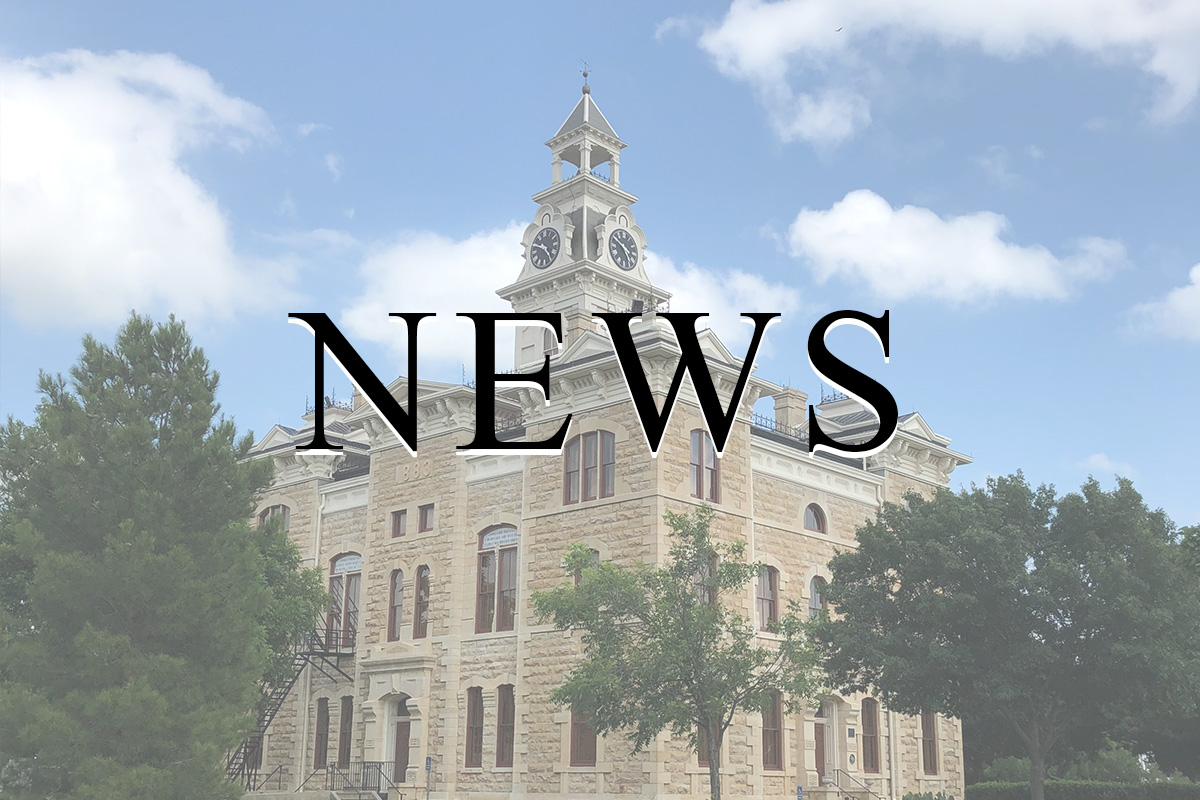Student-built solar cars pass through Albany during race

Groups of students and sponsors from 20 various high schools across the nation competed in the 2018 Solar Car Challenge (SCC) race and locals may have noticed their specialized solar-powered cars and assorted support vehicles when they passed through Albany on the afternoon of Tuesday, July 17, on the first day of the cross country race.
The SCC educational program was developed in 1993 as a high school extra-curricular program by The Winston School in Dallas, and has evolved into a top project-based STEM initiative that helps motivate students in science, engineering, and alternative energy.
The educational program teaches high school students how to plan, design, engineer, build, and race road worthy solar cars through six national teaching workshops, on-site visits, curriculum materials, and summer camps.
The program has been shared with more than 900 schools in 20 countries, and according to organizers, the SCC is one of the most engaging and motivating high school science programs in existence today.
At the end of each two-year education cycle, students are given an opportunity to display their work at either a closed-track event at the Texas Motor Speedway or a cross country race.
The SCC race passed through Albany when it went from Ft. Worth to Boulder, Colorado in 2010, to Los Angeles, California in 2013, and to Palmdale, California last week.
2018 Race
This year the race, which is limited to cars deemed road worthy at Scrutineering done at Texas Motor Speedway, included 12 teams competing in the classic division, two more in the advanced classic, four in the advanced, and two in the electric solar division.
The racers left Northwest ISD in Justin, drove to Springtown Intermediate, trailered to Weatherford, and drove east on Hwy. 180, through Albany, to Roby, before trailering to Snyder to end the first day, July 17.
The second day of racing, July 18, went from Snyder to Carlsbad, New Mexico. Day three, July 19, ended in El Paso. July 20 was a rest day. Day four, July 21, ended in Tempe, Arizona, and day five, July 22, in Palms, California, before the race reached the finish line on Day six, July 23, in Palmdale, California.
Rules allow the cars to be trailered when needed during the race, but teams are only credited for miles actually driven using solar power. The winner in each division is the one that accumulates the most miles, with any ties broken by figuring the fastest time.
“All 20 cars passed through Albany,” said SCC media spokesman Dr. Lehman Marks. “Eighteen made it to California.”
Winners
Winning the 2018 SCC Classic were the Solar Cats from Western High School in Davie, Florida, followed by Wylie East Solar Car from Wylie, Texas in second.
Taking the Advanced Classic was the Iron Lions team from Greenville, Texas, and the Houston Solar Race Team from Houston, Mississippi won the Advanced division.
First place in Electric Solar was won by students from All Saints Episcopal School in Fort Worth.
Electric Solar
The Electric Solar division is intended to more closely resemble real world applications of solar powered cars.
The race cars in this division carry two people, and run on electricity supplied by onboard batteries. The batteries, in turn, are recharged by the team’s supporting solar-powered battery charging station.
The main objective of any solar car manufacturer is to build an efficient, “winning” vehicle, and essential elements include reliability, low weight, and minimal drag.

